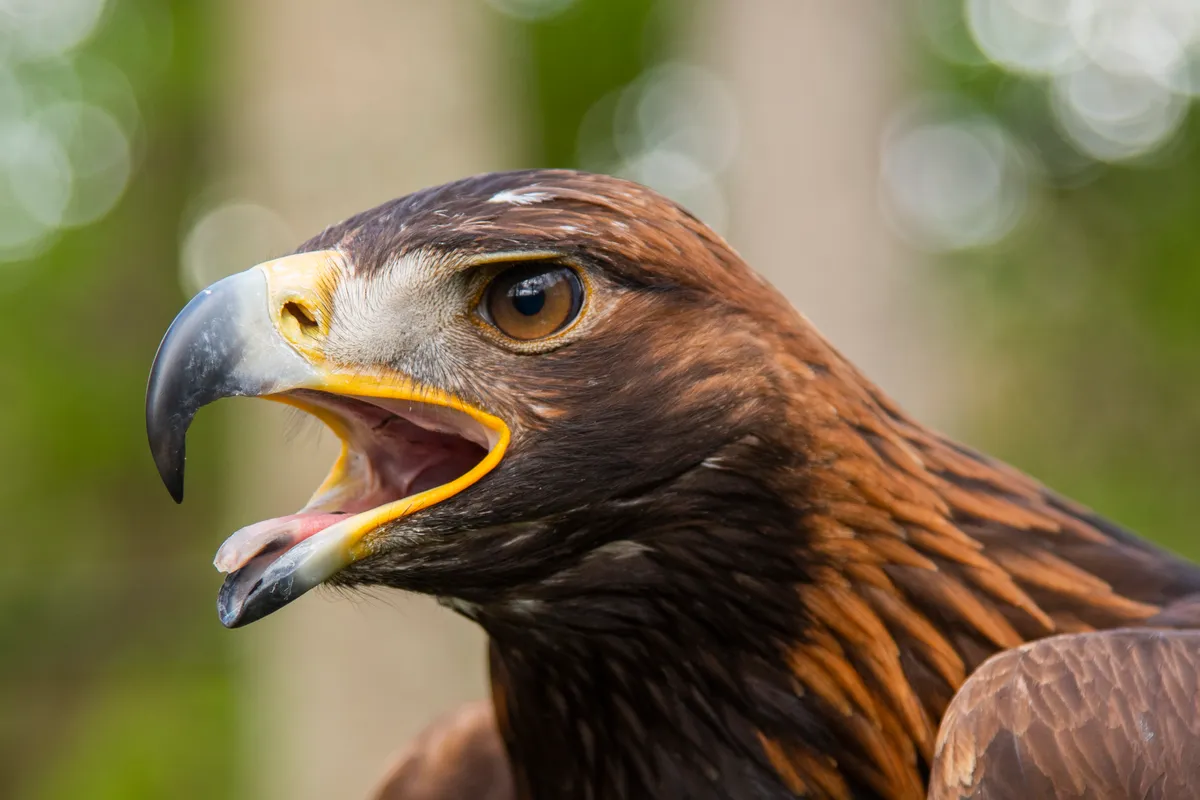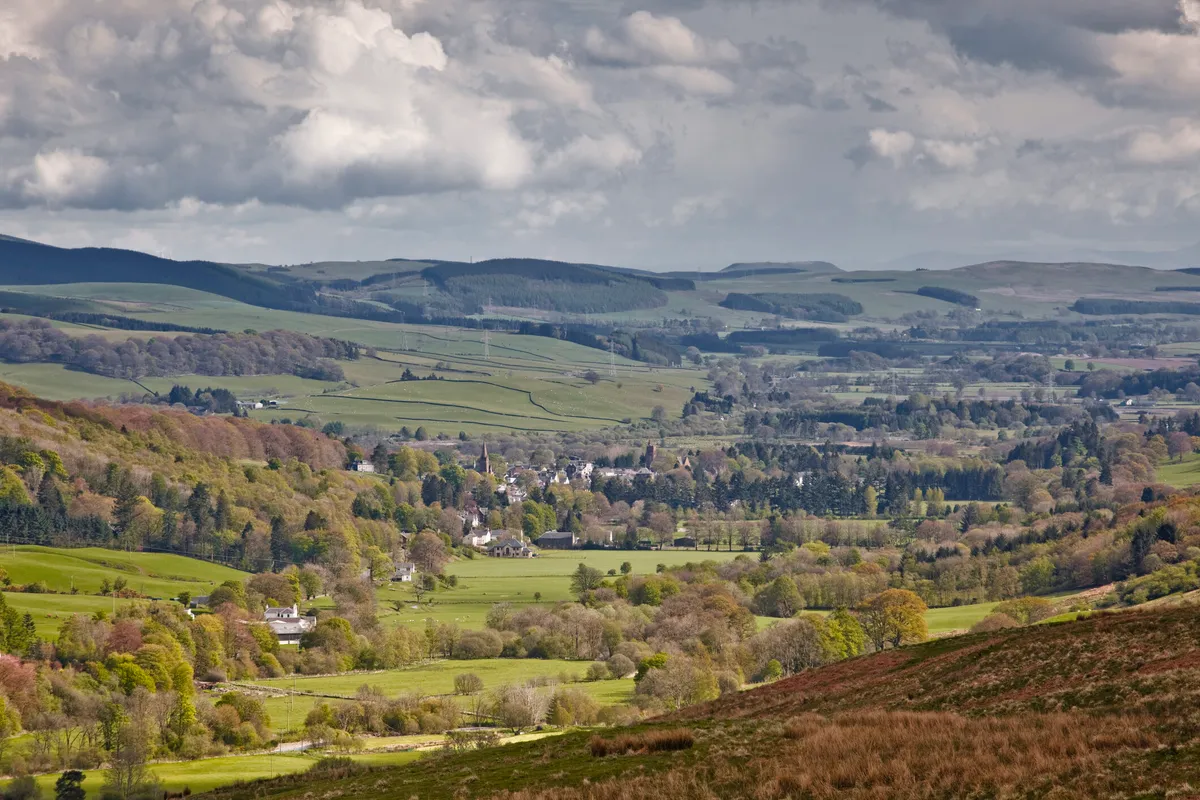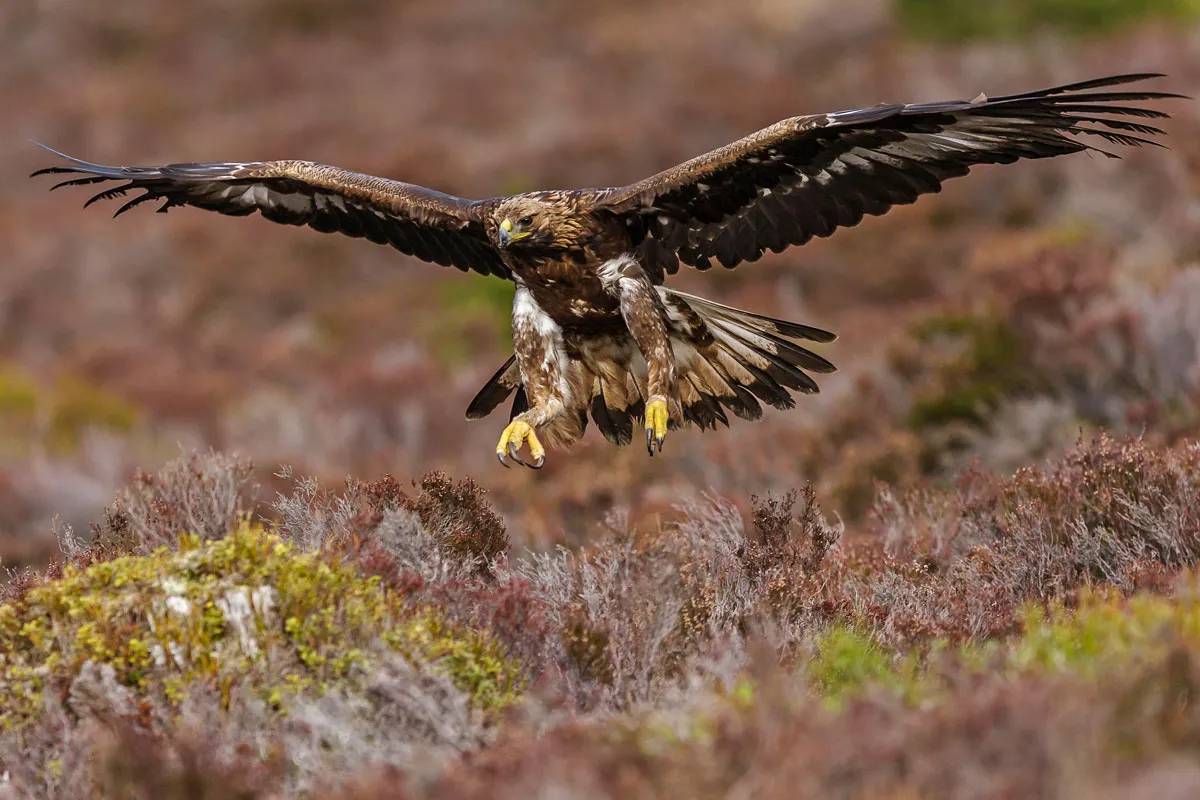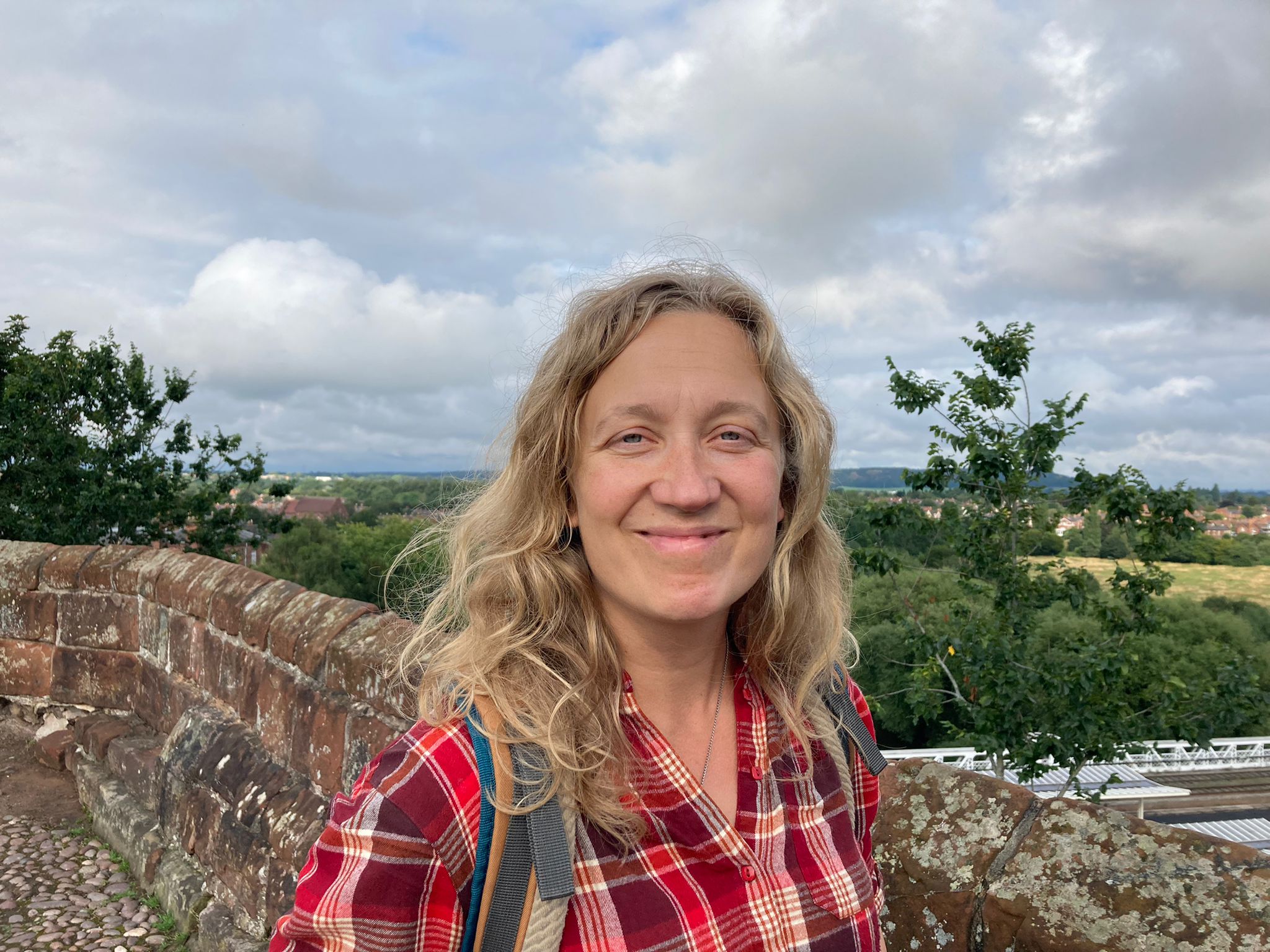Eight newly fledged golden eagles have been successfully transported to the southern uplands of Scotland as part of a wider project to reinforce dwindling local numbers. This brings the number of golden eagles relocated to the area up to 12, in addition to the dozen or so that were already living there.
The South of Scotland Golden Eagle project is rearing and releasing the chicks using the same methods employed in the red kite reintroduction programme in the UK. The project involves taking single eagle chicks from broods in the Highlands and releasing them in a secret location in the Moffat Hills area.

Among those asked to name the eight fledglings was ornithologist and Springwatch presenter Iolo Williams, who chose the name Iona. Other bird names include Sinclair, Heather and Emma – after women's rights champion Emma Ritch. Rowan Atkinson and Richard Curtis have given permission for one bird, which has unusual speckled plumage, to be officially named Speckled Jim, after the Blackadder character General Melchett's favourite carrier pigeon.

Moffat is set to be the UK's first 'Eagle Town', as it prepares for its first annual Golden Eagle Festival on 19-26 September 2021. The festival will include a speech by Scottish Wildlife filmmaker Gordon Buchanan, a 'big tree climb', live music sessions and will showcase ways people can help the golden eagle population in the UK.
Cat Barlow, project manager for the South of Scotland Golden Eagle Project said: “Covid-19 affected so many of our plans last year, so it is absolutely amazing now to see these eight youngsters settling into the south and soaring majestically above the Moffat Hills."

Francesca Osowska, NatureScot’s Chief Executive and a passionate supporter of the Project, added: “The key aim of this exciting project is to increase the number of breeding pairs in the south of Scotland, a vital part of our work to reverse biodiversity loss and combat the climate emergency.
Golden eagles are an exciting part of Scotland’s wildlife, and we’re passionate about returning them to places where they used to thrive.”
